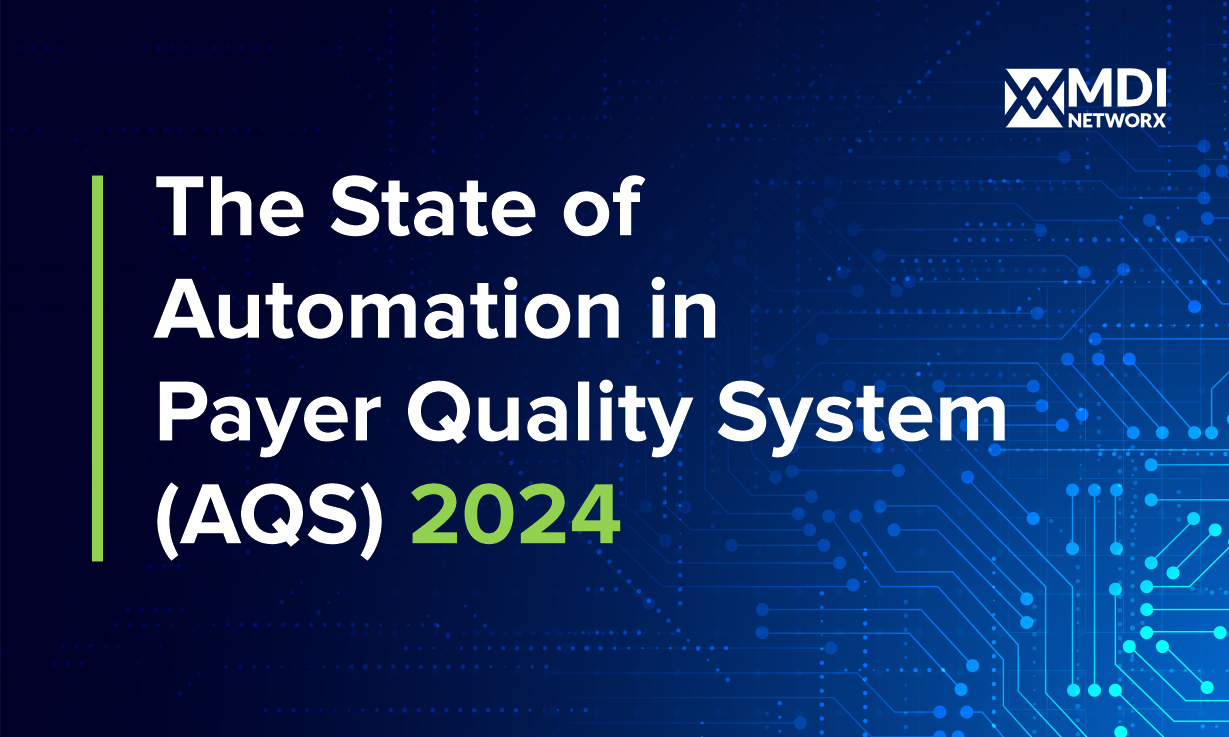Compliance is no longer a differentiator in the current environment. It is the starting line. With health plans increasingly facing heightened audit intensity, more stringent reimbursement models, and an increased administrative complexity, the Quality Assurance role is getting rewritten.
No longer relegated to error identification after the fact, QA is now influencing how best practices minimize rework, speed cycle times, and defend margins. It is no longer merely a matter of staying complaint. It is a matter of driving performance.
QA Has Evolved Beyond Checking Boxes
Historically speaking, QA used to be reactive. A few examples of the claims would be looked at, graded, and stored. Results were entered into a log, trends possibly reported, and then business continued as normal.
That model cannot handle the pace of current regulation and business scale. Static sampling cannot capture the emerging risks. Downstream error is caused by late feedback. Auditor capacity is a bottleneck. And decision-makers fly blind without real-time insight.
Healthcare providers see that the value of QA is not in tracking compliance but in foresight regarding operations.
Automation Is the Catalyst
Automation has transformed the possibilities for QA. Smart audit platforms offload workloads according to risk, automatically score against bespoke rules, and give examiners real-time feedback. Not only does this accelerate the audit cycle, but it also ensures that high-priority errors are picked up early and reliably.
These systems also eliminate administrative friction. Auditors spend more time looking for patterns and less time chasing paperwork. Managers get visibility into audit throughput, error trends, and team performance without the need for manual reporting.
Previously, a slow and manual process turned into a real-time, data-rich, and insight-driven one.
Compliance is Just the Floor
CMS and state audit requirements aren't disappearing. Instead, they're more common, more comprehensive with more data, and less lenient. But mere compliance is not sufficient.
Leading plans are applying QA to track accuracy at scale, inform training for examiners, and feed intelligence back into the upstream. By connecting audit findings with the operational strategy, they lower denial rates, accelerate adjudication, and enhance their payment integrity programs.
QA is no longer just about retrospective analysis it's evolving into a forward-looking tool for driving performance management.
QA Function as a Growth Lever
Automating, integrating, and bringing transparency to QA goes beyond simply ensuring compliance. It removes friction between teams, reveals systemic flaws, assists payer organizations in better, quicker decision-making, and, most importantly, safeguards financial performance in an environment where each mistake has a price. Investigate how innovative health plans leverage QA automation for increased accuracy, less administrative waste, and the transformation of compliance into a competitive advantage.
Discover how top health plans leverage QA automation to enhance accuracy, minimize administrative waste, and transform compliance into a strategic advantage.





